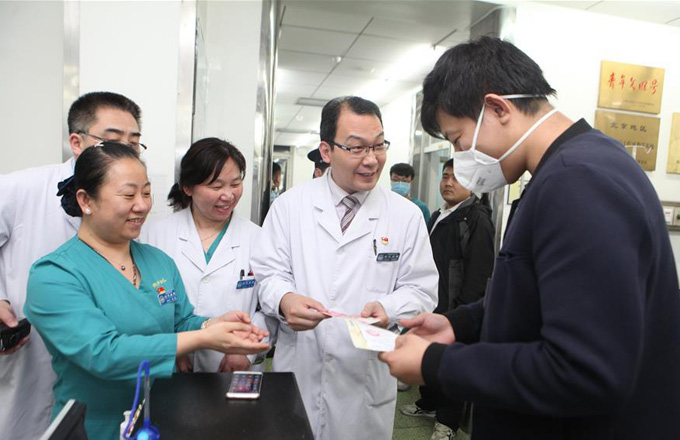Major Chinese city unifies household registration
BEIJING - South China's city of Guangzhou's latest move to unify household registration information has sparked discussion on the reform of China's household registration ("hukou") system.
The city government announced on Monday that it will swap out residents' old residence registration booklets for new booklets that will classify all residents under a single category. The previous booklets categorized residents as coming from "agricultural households" or "non-agricultural households".
The booklets contain information on all members of a given household. The document is the most important form of identification in China.
In China, household registration is tied to one's place of residence and is used to obtain access to basic welfare and services. The way the registration is categorized has created an urban-rural divide, with rural residents unable to obtain benefits after moving to urban areas.
Guangzhou's move is speculated to be the first in a series of efforts to lift restrictions on access to urban public services for rural people.
Similar reforms have also been carried out in 10 provincial-level regions, including southwest China's Chongqing and south China's Guangxi Zhuang autonomous region, according to the Ministry of Public Security.
Compared with Beijing and Shanghai, Guangzhou will likely confront less resistance in deepening household registration reform, as its urban and rural residents' income gap is small, said Peng Zhenhuai, head of a research institute specializing in local governments at Peking University.
But experts are warning that the reform could become a mere formality.
Although making the household registration system less divisive is important, it is even more important to realize equity in basic rights for urban and rural people, according to Dang Guoying, a researcher with the Rural Development Institute under the Chinese Academy of Social Sciences.
Peng said the government should focus on problems rural people face regarding social insurance, medical care and education.
They said the core of China's hukou system reform is to gradually eliminate the gap between urban and rural people and lower the threshold for rural residents to settle down in cities.
In February 2012, the central government issued a circular urging local governments to advance household registration system reform and to refrain from linking employment and education policies with household registration.
Providing more public services to migrant workers will have significant influence on modernization and China's overall progress, said Chen Jian, deputy head of the China Society of Economic Reform.























